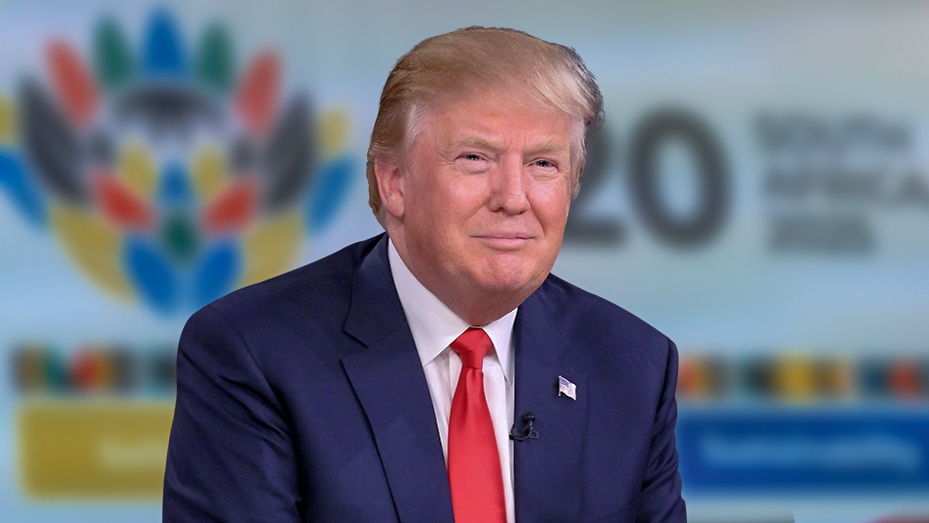The Trump administration on Tuesday deported five men to the African kingdom of Eswatini, branding them “criminal illegal aliens” whose home countries allegedly refused to receive them. The individuals, originating from Vietnam, Laos, Yemen, Cuba, and Jamaica, were sent to the small southern African nation in a controversial third-country deportation.
According to a statement posted on X (formerly Twitter) by the U.S. Department of Homeland Security, the deportees were “so uniquely barbaric that their home countries refused to take them back.” This decision follows a July 4 deportation of eight other migrants to conflict-ridden South Sudan after a U.S. Supreme Court ruling authorized the removals.
Eswatini, a nation of roughly 1.2 million people, is Africa’s last absolute monarchy. It has been ruled by King Mswati III since 1986. The 57-year-old monarch has long faced criticism for his opulent lifestyle and alleged human rights abuses, including the suppression of dissent and limited press freedom.
The choice to send individuals from multiple continents to Eswatini has drawn scrutiny, with human rights advocates questioning the legality and morality of transferring migrants to a third country with no evident links to them. Critics argue that such deportations violate international norms and could endanger the deportees, especially in countries with poor human rights records.
The U.S. government has not clarified the legal or diplomatic basis for Eswatini’s acceptance of the five men. It remains unclear whether bilateral agreements were established or whether financial or political incentives were involved.
Eswatini, formerly known as Swaziland, is landlocked between South Africa and Mozambique. The country has faced economic challenges and political unrest in recent years, including protests calling for democratic reforms.
The deportation move is part of a broader crackdown by the Trump administration on irregular migration and efforts to circumvent legal obstacles by sending individuals to third countries. As global concern grows over the treatment of asylum seekers and migrants, the latest deportation raises pressing questions about the ethical boundaries of immigration enforcement and the long-term impact on international relations.

